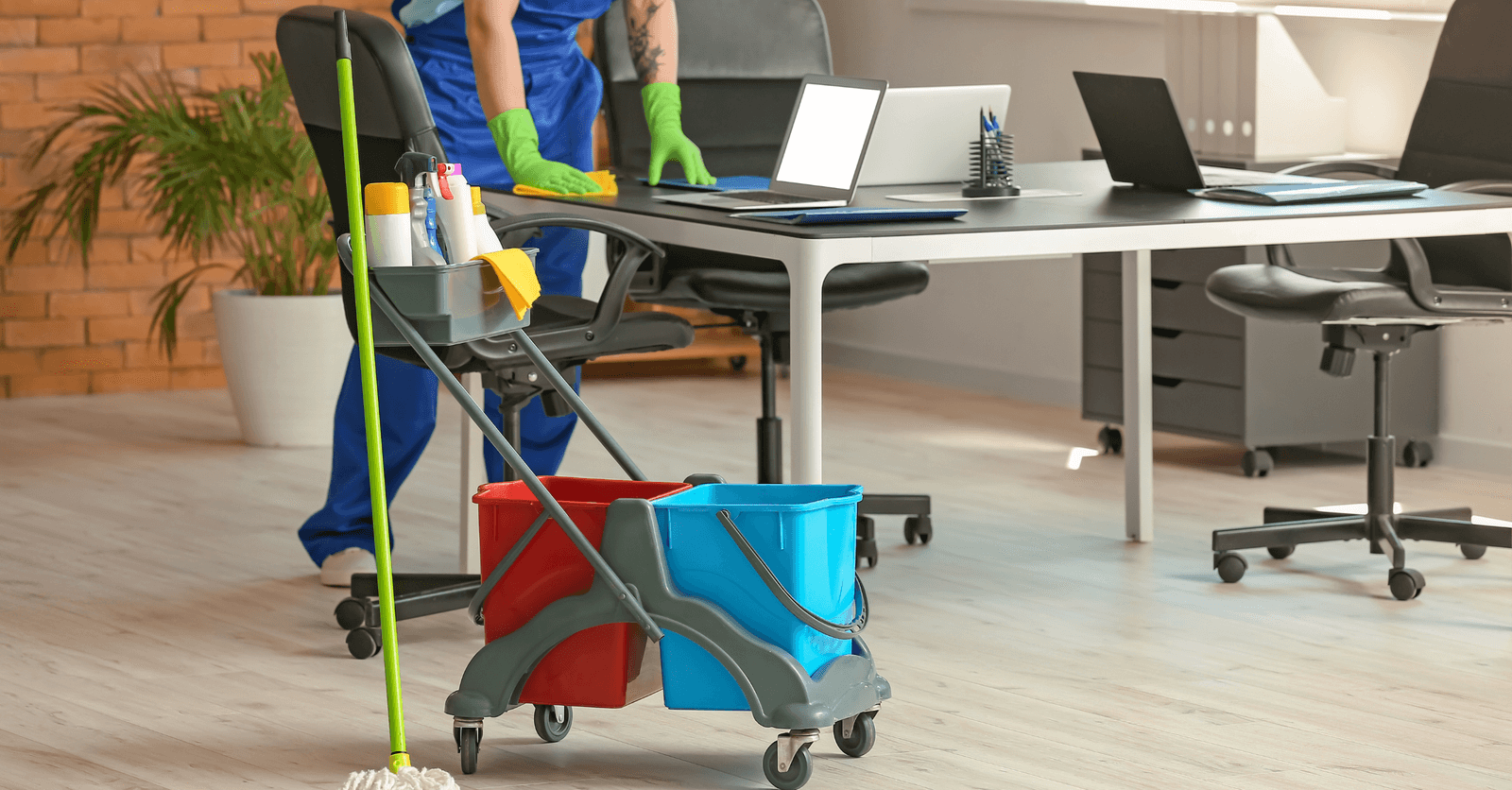How to know which building permits you need for your renovation project | Renovation Quotes
By Amanda Harvey
Updated on November 8, 2023

When it comes to home renovation, you might want to break out the hammer and nails as soon as possible. Before you do, it’s important to consider the types of permits you might need for the project.
Determining which permits are right for your home can be difficult, as the rules and regulations will likely differ depending on the municipality or city as well as any conflicting commercial interests regarding homeowners performing their work.
While permit requirements will differ between city and country, there are still some general themes that emerge in the wide world of permit applications.
Read on for all of the important information as well as some specifics!
How to know which permits you'll need for your renovation project

source: unsplash
Why apply for a permit in the first place?
The idea of starting your renovation project as soon as possible could be tempting. We can understand why many homeowners move forward with excitement and enthusiasm before considering all angles of what a renovation without a permit will mean.
Proceeding without a permit can lead to serious fines, delays, legal action and in the worst-case scenario, you may be asked to remove the work that you’ve invested time and energy into. Below is a list of home renovation situations where you will require a permit.
Projects that you’ll need a building permit for
Aside from extenuating circumstances, projects touching on these areas will likely require a permit. This is either due to the nature of personal and public safety or anything involving electricity, plumbing or gas.
Demolitions: Demolitions are messy, time-consuming and tricky and therefore, will more often than not require a permit. Not only this but in most cases, they’ll affect your neighbours. In the case of walls, if you’re demolishing a load-bearing wall, you’ll need a permit. Even simply parking a dumpster on the street or in front of your home will necessitate paperwork. If you’re demolishing any part of your home, make sure to do your homework before things come crashing down.
Extensions, home additions, or layout changes: Making changes to the structure, facade or layout of your home will require a permit. If you’re expanding or altering the envelope of your house, including adding a second story, building a garage, carport or converting either into a functioning room of your home; these are seen are serious renovations.
Roofing: Roofing is another major renovation project, but will come down to the structural elements, which include adding a skylight, changing the pitch or line of the roof and changing the materials. However, in the case of swapping a shingle or two as well as making minor repairs, this will be municipal and city dependent.
Electricity and plumbing: Renovation projects that require any changes to your electricity or plumbing will almost always require a permit. Not only is electrical and plumbing work dangerous and hazardous, but there is plenty of room for error. Do bear this in mind when taking on a project in this category, as it’s always best to work with a professional on those more difficult jobs. Some examples of basic electrical work that will need a permit include installing new wiring or adding circuits, installing new hose bibs, a new furnace or air conditioner as well as a new water heater.
Fences and decks: Although these are two areas of the home that do not change the layout, both still affect your outdoor spaces as well as your neighbours. For this reason and a few others, you’ll need to look into the rules of your municipality and apply for the appropriate permits.
This is especially true if you plan on installing a fence over a certain height. It’s also important to mention that certain cities and municipalities will consider large trees and shrubbery that obscure the facade of your home to be permit-worthy. In the majority of cases, decks will need a permit and again, this will sometimes be about height restrictions.
Chimneys and fireplaces: Anything involving fire will require a permit, due to the dangerous nature and the potential to start fires. If you already have a chimney on your home and are looking to get a piece of it cleaned or repaired, these jobs may be an exception.
Province-specific building permit restrictions

source: unsplash
As we mentioned at the beginning of our article, building permits will greatly vary from province to province and from city to city. It’s important to do plenty of research before moving forward with a renovation project. However, we’re here to offer some province-specific rules and regulations when it comes to applying for building permits.
Ontario
In Ontario, you’ll need to create detailed plans for any renovation or changes to your building to apply for a permit. This plan must comply with municipal-specific restrictions, and including the Building codes, the local zoning by-laws, as well as certain stipulations under the Environmental Protection Act.
A building permit will be required for any construction of a new building over 10 square meters, making any renovations or repairs to an already existing building, excavation or constructing a new foundation and a seasonal building. Further, any repairs or alterations made to your sewage system require a permit in Ontario.
Applications for building permits will come from your local municipality or the Ministry of Municipal Affairs and Housing online site. The latter will have all of the specifics that you’ll need to apply for a permit. For Toronto-specific renovations, check out our article on applying for permits in the city.
Quebec
In Quebec, you will need to check with your local municipality regarding whether or not you need a building permit to perform a renovation project. If the work you’re performing is on your family home, you’re able to move forward once the proper permit has been obtained. However, if the work you’re doing involves gas or electrical installation, you’ll be required to hire a professional. For all of the specifics, we recommend you check out the details on the RBQ website.
Nova Scotia
In Nova Scotia, many renovation projects require a permit and these include when constructing a new home, general renovations that will cost you over $5000 as well as others that involve moving or replacing plumbing, building a new deck or a shed, installing a pool or anything to do with solar installations.
As with the other provinces mentioned, permits will be applied at the municipal level. However, before filling out a permit application, you must call for a mandatory inspection of surrounding areas that are relevant to your project. Another key point is knowing the property boundaries to move forward with any form of home renovation. After a proper inspection and the application process, you should be good to go!
Alberta
Lastly, in Alberta, renovation permits are applied at the municipal level and will depend on the local bylaws and regulations in place. In some instances, your renovation may be considered by the provincial level, but this will be on a case-by-case basis. In all cases, projects must comply with The Safety Codes Act.
Get 3 renovation quotes from home renovation contractors
RenoQuotes.com can help you get quotes for your home renovation project. By submitting your project to us, we’ll put you in contact with top-rated contractors. Fill in the form on the homepage (it only takes a few minutes), and you will get estimates from trusted professionals.
Dial 1-844 828-1588 to speak with one of our customer service representatives
Looking for something else?
Related articles
The latest industry news, interviews, technologies, and resources.
Editorial Team
•08 Nov 2023
Although many tend to explore the boundaries of personal style in their home’s interior, the exterior surfaces are a direct extension of your design preferences. Curb appeal has a real impact on the resale value and overall allure of a home.

Amanda Harvey
•08 Nov 2023
After surviving a summer, you might know a thing or two about dealing with humidity. Damp and humid weather is uncomfortable and for those who don’t have air conditioning in their home, it can be somewhat of a nightmare. If you notice your walls collecting a buildup of condensation or moisture buildup in areas where there previously wasn’t any, chances are you might be in need of a dehumidifier.

Editorial Team
•08 Nov 2023
It can’t be denied that the summer season is enjoyable for almost everyone, with hot days and warm nights that can finally be spent outside. But sometimes, the temperatures reach a peak and joy slowly moves towards discomfort. Luckily, technology has allowed for the air conditioner.
Léa Plourde-Archer
•06 May 2025
For thousands of years, humans have understood the importance of protecting their homes with a roof. But how much do we really know about modern roofing? Which materials should we choose, what shapes are best, and how can we effectively plan a renovation project? Whether you're planning a minor repair or a complete roof replacement, this guide will help you understand the key steps involved in a roofing renovation.

Editorial Team
•20 Nov 2023
In light of the COVID-19-induced sanitary crisis, traditional office space maintenance, which ultimately consisted of vacuuming, wiping down surfaces, washing windows, and emptying trash cans, has since been completely overhauled.